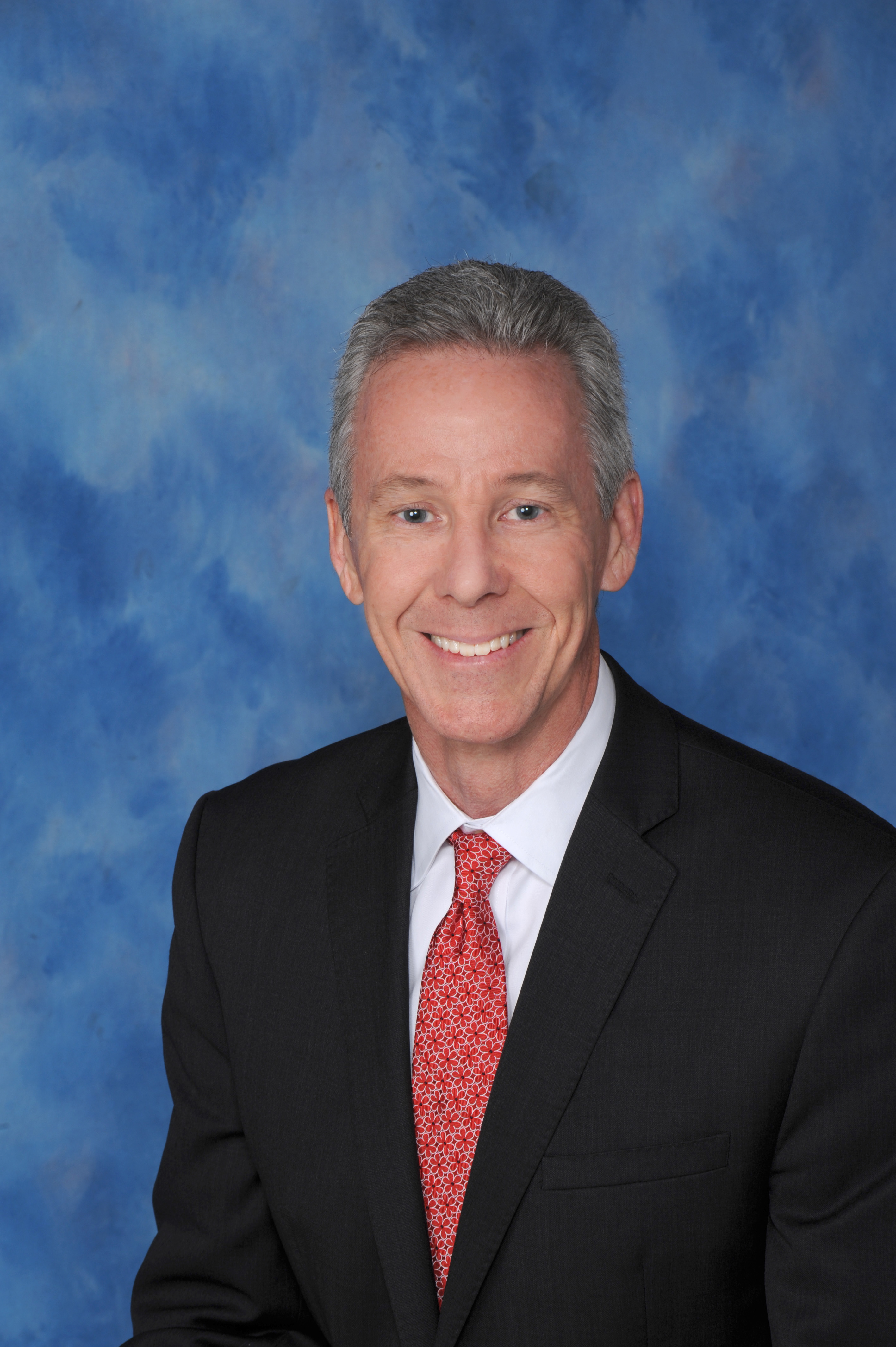David Smith was recently promoted to vice president and CFO of Hollywood, Fla.-based Memorial Healthcare System, one of the five largest public healthcare systems in the nation. He has set many goals for the system for 2015, and reaching them requires adopting a new definition of success.
Before his recent promotion, Mr. Smith had served as CFO of Memorial Regional Hospital, the flagship facility of the five-hospital healthcare system, since 1998.
As CFO of Memorial Healthcare System, he will be responsible for an annual operating budget of $1.6 billion and the finances of the system's facilities, including its hospitals, nursing home and home health agency.
Becker's had the opportunity to catch up with Mr. Smith and get his insight on a number of issues, including what it takes for hospitals and health systems to achieve success as the healthcare industry shifts toward value-based care and becomes more focused on population health.
Question: You were recently promoted to CFO of Memorial Healthcare System. What are some of your goals for the system in 2015?
David Smith: Like many other hospitals and health systems, we are on the road to changing the way healthcare is delivered, from the way patients access us for their care to the information they receive related to pricing and billing. We recently launched the first phase of our pricing transparency project by making the price of certain laboratory and diagnostic testing available on our website for patients without insurance. Future phases will add pricing for more services, as well as a more interactive patient experience.
We are working on several telehealth initiatives, from giving our specialists the ability to consult on patients outside of our system, to working with local emergency service providers to remotely monitor patients prior to arrival, to evaluating the viability of virtual medicine so that patients may not need to visit a physician's office or hospital to receive care.
Likewise, we aim to free up caregivers' time currently spent on gathering and analyzing data so that they can spend more time with their patients. This will be accomplished through a number of business intelligence initiatives, meant to capitalize on the mountains of data that we have available to us, by putting it into useable formats so that the people who are providing care don't have to spend their time analyzing data.
Q: What is the biggest challenge facing hospital and health system CFOs today?
DS: The biggest opportunity that we have is to change the way we define success in healthcare. For years, success has been defined as quality outcomes and solid financial results for the patients treated at each facility. However, as we migrate towards population health, our objectives are changing to keep patients healthy and out of the hospital entirely. This will be challenging, as most hospital and health system administrators are accustomed to measuring financial success in terms of volume growth, expense control and top-line protection/enhancement. We have to create a culture that recognizes the value of treating patients in lower cost settings, financial models that reward providers who achieve that and a leadership mentality which acknowledges that the traditional ways of measuring success must change. The pace of this change will also be a challenge since providers still have significant fee-for-service revenue.
Q: What has been your greatest accomplishment as CFO in the last year?
DS: This year we expanded our cardiovascular services and hired 21 new cardiologists to our Memorial Cardiac and Vascular Institute, offering a spectrum of care from primary cardiology to ventricular assist devices and adult heart transplant. This initiative of building a comprehensive cardiac program has been several years in the making. It is critical to set up and capture any and all available funding while waiting to become a CMS-certified program, which can take years. In the meantime, we have had to work with the payers on a case-by-case basis. This has been accomplished through effective collaboration between finance and clinicians, so that both sides are well-informed. Before the physicians start the clinical work-up for transplant, they work with the finance department to ensure billing and other challenges have been cleared and addressed. There is a weekly meeting to discuss all patients in the pipeline and how to expedite their care.

